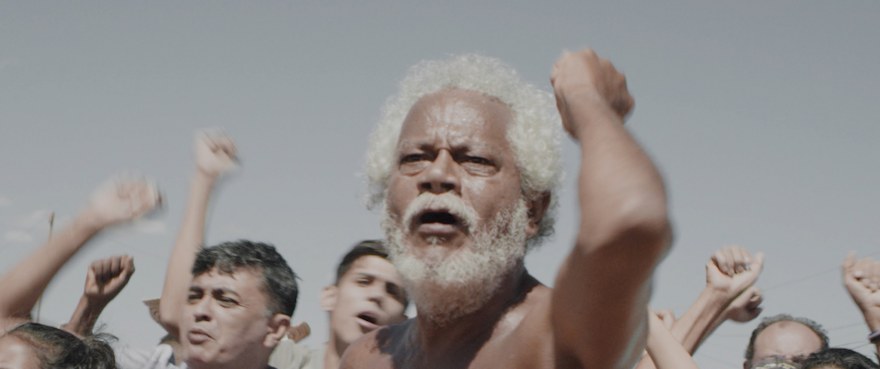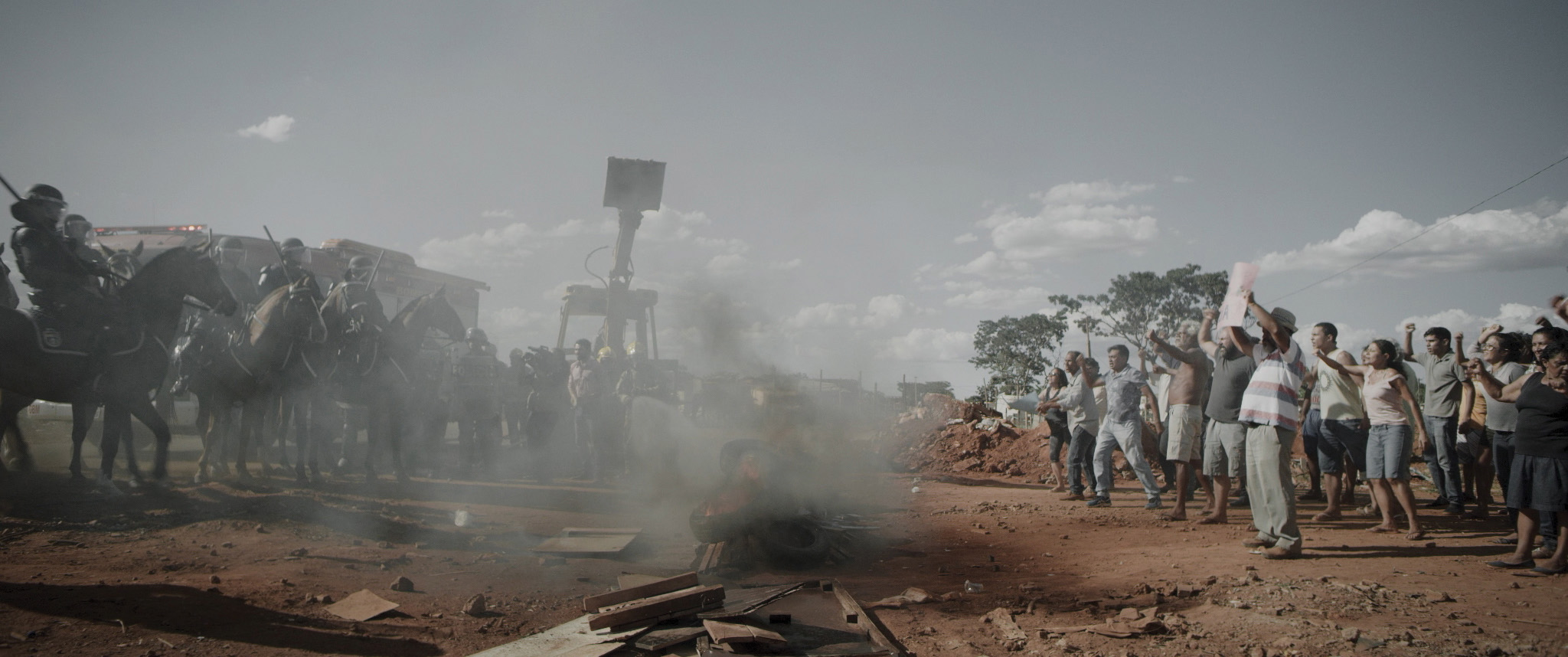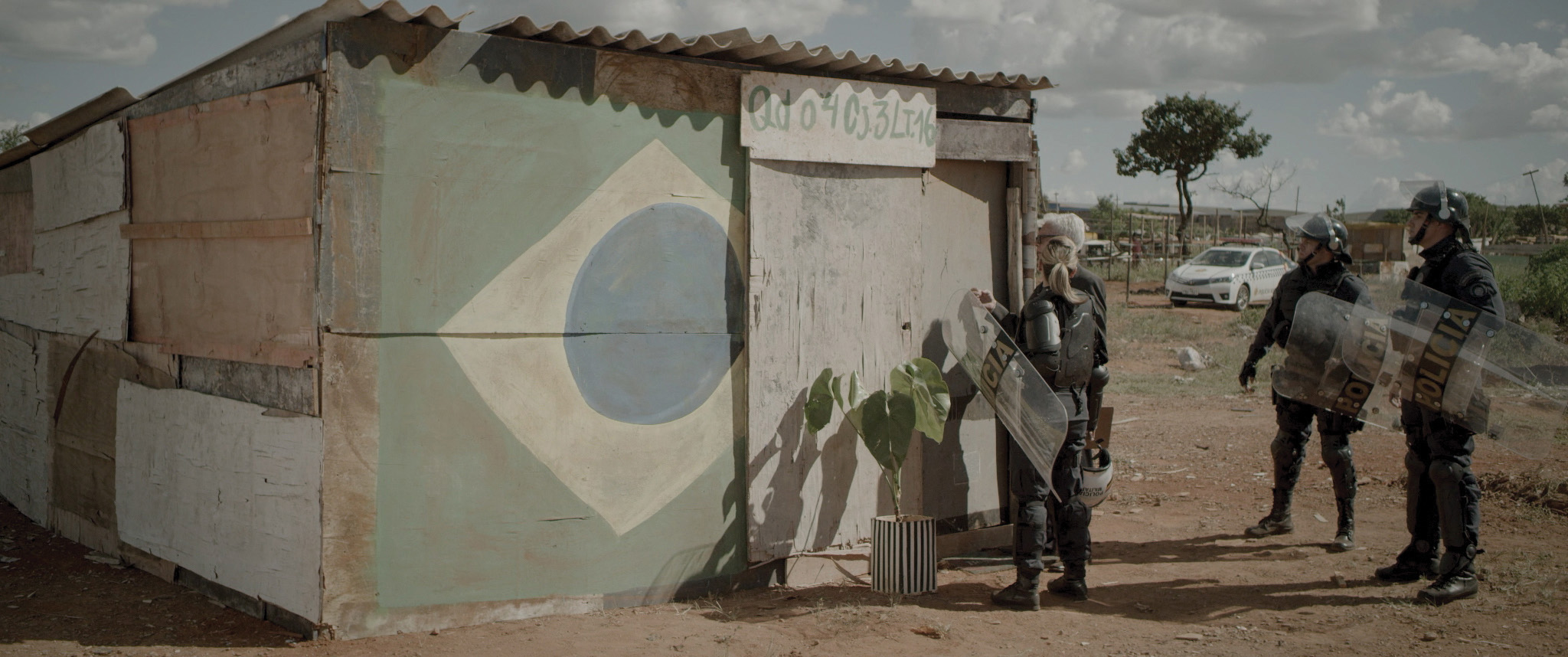Breakfast with A Terra Em Que Pisar [The Land Beneath Our Feet]
Interview with Fáuston Da Silva, director of A Terra Em Que Pisar [The Land Beneath Our Feet]
What has drawn you to this story that focuses on a group of people who try to defend their land from property developers?
One of the basic needs of human dignity is to have a place where the person can live with his family and in safety. Unfortunately, this is not a consolidated achievement almost anywhere in the world. And in the Brazilian case, this story we are telling is almost routine. Our film does not bring a debate that is urgent, our film brings a debate that is already overdue and that is extremely necessary.
What did you wish to explore through the idea of community, which is at the core of the film?
Our intention was to present a community that autonomously fights for rights and that invests in political formation and direct democracy. All of this without the need for leadership from outside: the middle class or the university class. We wanted to show the formation of leaders within these communities. We wanted to show these people as leaders and not as led. It is a film about political autonomy and not about victimization.
Why did you decide to focus on this family composed of three women?
Because it was the most honest thing to do. Most of these families are led by women. But in addition, our desire was to represent three generations of black Brazilian women who struggle against immeasurable adversity as a child, adult or elderly.
You won the Audience Award in 2014 with Meu Amigo Nietzsche. Has this distinction changed your career as a filmmaker?
We won two awards in 2014 – the Audience Award and the beautiful “Prix du Rire” Fernand Raynaud. And that was an impact on the career of everyone involved in the production of the film. And it was fundamental to my career as a director and screenwriter. It helped make my subsequent production feasible and also contributed to my investment in my first feature film that will be produced now in 2021. Amen!
What do you think the future holds for short films?
The future of short films is bright. It is a format that has found more and more public. Before, our short films were hosted only by film festivals, which occasionally are well-elite environments. However, more and more windows appear for this evolvable and efficient format in conveying concepts.
If we were to go back into lockdown, what cultural delights would you recommend to alleviate our boredom?
Every historical moment with which we are immersed ends up forming its heroes. The most remembered are, of course, the health professionals… But cinema and audiovisual production in general helped the entire planet at that moment when we most needed to look out the window and dream with a world where anything is possible. Cinema is this incredible window and my recommendation is that we look into it.
A Terra Em Que Pisar [The Land Beneath Our Feet] is part of International Competition I8.










